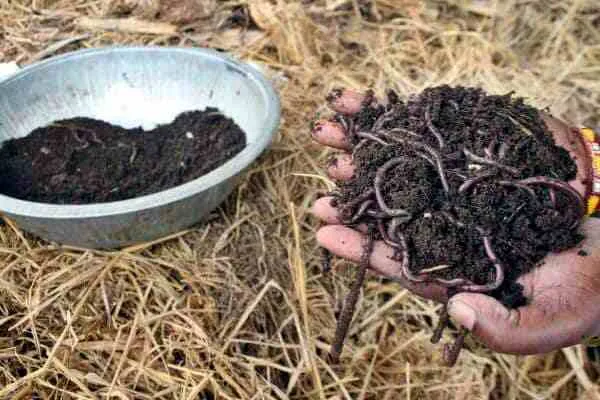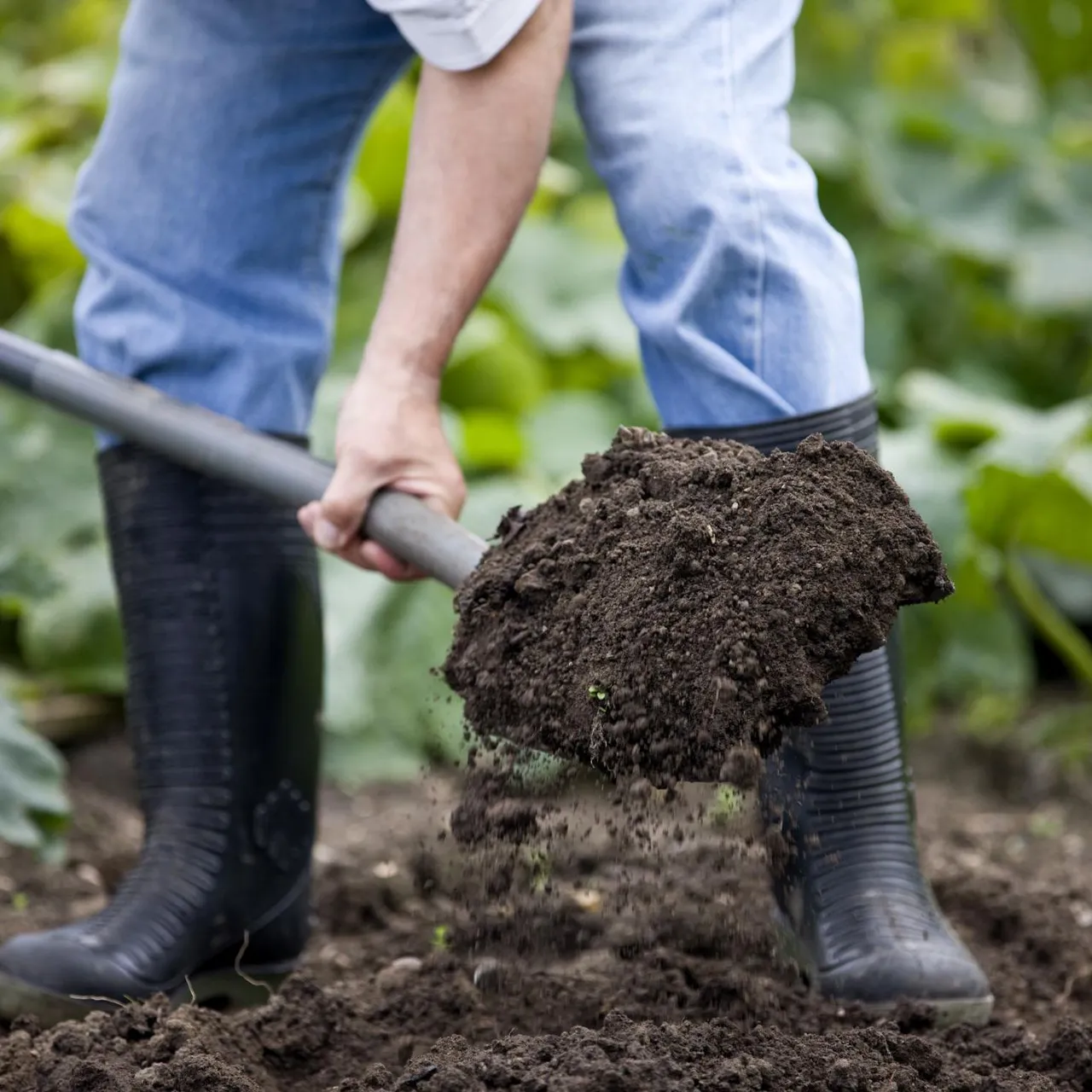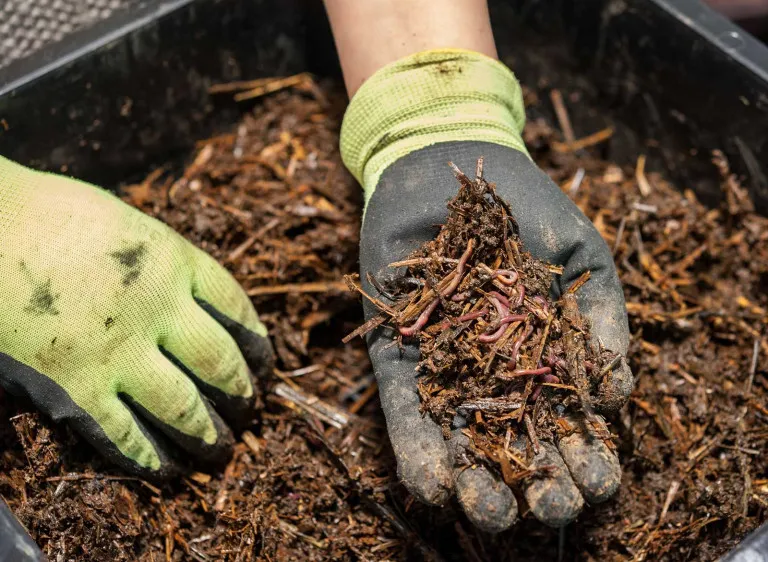It is the biological process that under aerobic conditions decompose and stabilize organic matter, under conditions that allow a development of thermophilic temperatures as a result of a biological production of heat, which gives a stable final product, free of pathogens and weed seeds and that applied to the soil produces benefits in order to improve its properties.



▶ Among the benefits are improved physical, chemical and biological properties such as aeration, moisture retention, during this process there are a series of stages characterized by the activity of different organisms.

▶ Credits: jainsusa. – [Image of Public Domain]
≕ I invite you to stay tuned and read my next contribution ≔
Basically, there is a close relationship between temperature, pH and the type of microorganism that acts in each phase, stopping pathogens and thus increasing plant growth.
Composting provides the possibility of safely transforming organic waste into inputs for agricultural production, this transformation is known as compost and can be used as an organic amendment.
The process where compost is used and worms and microorganisms are added to it, producing worm humus, rich in organic matter (20% humus and 80% soil), is called vermicomposting or vermicomposting.

Another way to elaborate compost is by means of tunnels, which is by means of the industrial technique for quantities superior to 30 million tons per year of organic residues, the process in tunnels is modular, that allows and to reduce the amount of land, they can be used as silo container, ant pit among others.
NOTE: Reference material.